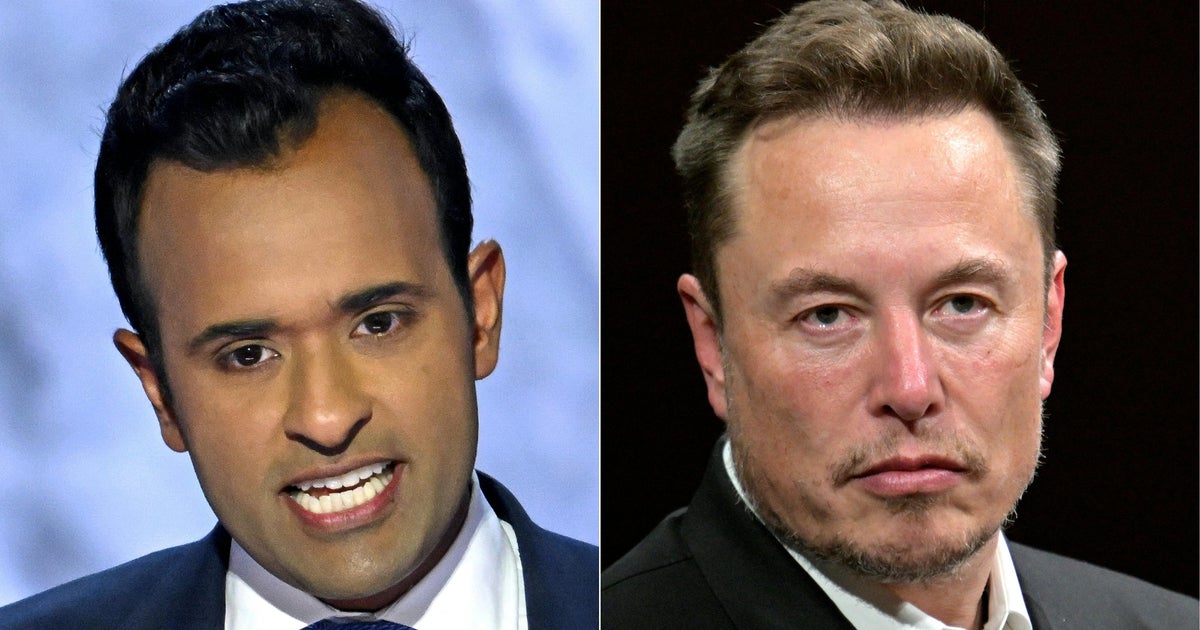Trump announces "phase one" trade deal reached with China
The U.S. has reached a preliminary trade deal with China, President Donald Trump announced Friday.
As part of the deal, China has agreed to some intellectual property protections and will step up U.S. agricultural purchases. In return, the U.S. will suspend a tariff hike scheduled for October 15 on roughly $250 billion in Chinese imports.
No decision has been made about whether to proceed with another round of U.S. tariffs on Chinese imports, mostly consumer goods, slated to take effect on December 15, U.S. Trade Representative Robert Lighthizer told reporters.
The White House said the two sides made some progress on the thornier issues, including China's lax protection of foreign intellectual property. But more work will have to be made on key differences in later negotiations, including U.S. allegations that China forces foreign countries to hand over trade secrets in return for access to the Chinese market. The deal also does not address Huawei, the Chinese telecom giant that has been blacklisted by the U.S.
Mr. Trump said the deal would result in an additional $40 billion to $50 billion in farm purchases by China.
So far the agreement is in principle only. The deal will take three to five weeks to put on paper, officials said. And despite the ceasefire, a broader trade deal faces significant obstacles, according to analysts with Eurasia Group, a political risk consultancy.
"National security hawks in the U.S. are determined to show that no trade agreement will stop the U.S. from confronting China on other issues in the relationship, including technology competition, Hong Kong, Taiwan and the South China Sea," they said in a report. "President Donald Trump's willingness to moderate U.S. actions in these areas is likely limited."
Mr. Trump himself has expressed doubts that the two countries can strike a deal before the 2020 election, acting coy on Twitter Thursday ahead of the negotiations.
"Big day of negotiations with China," he tweeted. "They want to make a deal, but do I? I meet with the Vice Premier tomorrow at The White House."
Economists say the ongoing trade dispute with China is denting economic growth in both the U.S. and China, along with other regions around the world.
Since 2018, the U.S. has slapped tariffs on more than $360 billion worth of Chinese imports. The Trump administration had planned next week to raise tariffs on $250 billion in Chinese goods, with another round planned to take effect on Dec. 15 on $160 billion in imports. That would tax virtually every good the U.S. buys from China.
China has retaliated by targeting about $120 billion in U.S. goods and curtailing purchases of certain farm products, including soybeans and pork.
Some experts said Friday's move to dial down tensions is likely to cheer investors, but expressed doubt the handshake agreement would lead to a more substantive trade deal.
"Behind the hype, this is nothing more than [a] partial and ostensibly unsustainable deal lacking in real enforcement mechanisms. For businesses this will mean less damage, not greater certainty," Gregory Daco of Oxford Economics said in a note.
Rachel Layne contributed to this report.



